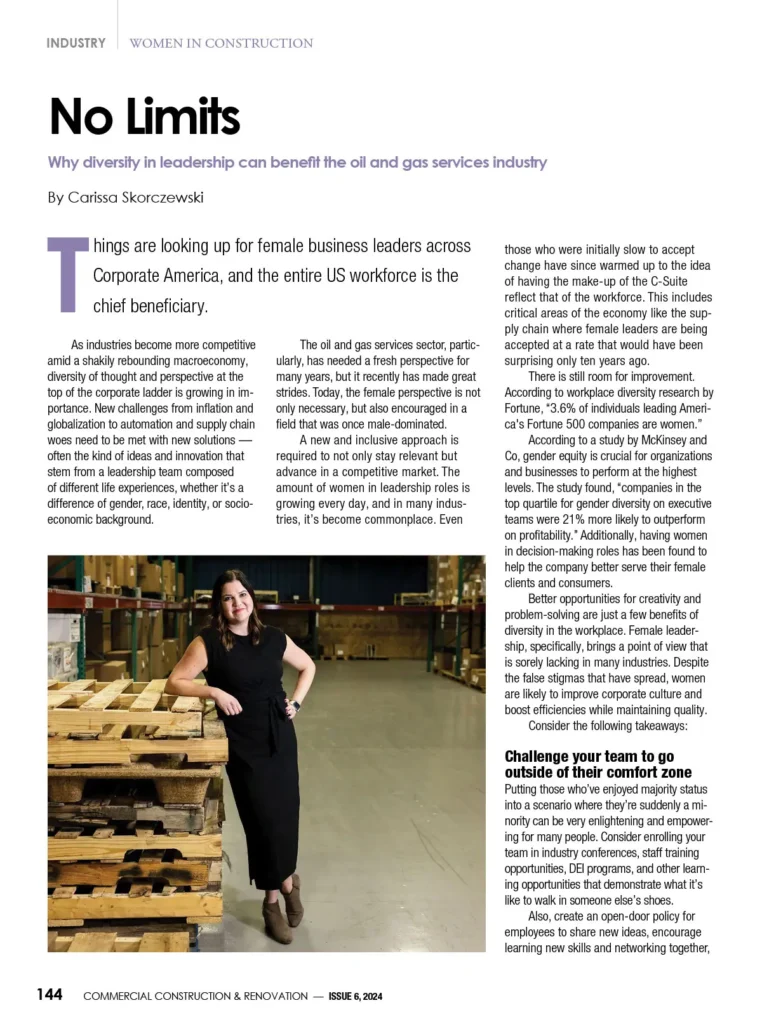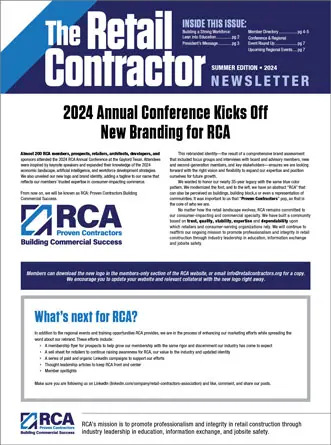Do you have a passion for ensuring things run smoothly and efficiently? If so, becoming a logistician could be the perfect career choice for you! Logisticians are responsible for developing and coordinating complex systems that move goods from one place to another; they use their knowledge of supply chain management, inventory control, warehousing, transportation, data analysis, and IT to create efficient processes. But what does it really take to become a logistician? In this blog post, we’ll explore the important skills needed to excel in this field as well as the required qualifications and education paths. So if you think being a logistician is right up your alley – read on!
Understand the Role of a Logistician
Logisticians are the backbone of any organization’s supply chain management. They are responsible for ensuring that goods are delivered on time and at the lowest possible cost. The role of a logistician requires excellent communication skills as they work closely with suppliers, vendors, and customers. Working efficiently as part of a team is crucial as the logistics industry is not a one-man show. Logisticians must have excellent problem-solving and analytical skills to make critical decisions. They must also be familiar with computer software, databases, and enterprise resource planning systems. Combining all these skills, logisticians must have a keen attention to detail to ensure the smooth flow of goods and services.
Learn About the Education Requirements
Education is key to success, especially in the field of logistics. Obtaining a bachelor’s or master’s degree in logistics can help you learn the necessary skills to pursue a successful career. A bachelor’s degree takes approximately four years to complete, while a master’s degree takes an additional two years. If you live in Arkansas, you can also pursue a degree in supply chain management at university of Arkansas, which offers a comprehensive curriculum that provides a deep understanding of the logistics field. Completing such a program can equip you with the skills necessary to excel as a logistician. Some certifications and specializations may also be required for certain positions. These certifications can range from transportation and inventory management to supply chain management and logistics technology. It is important to research what certifications or specializations are needed for your desired position and make sure to complete all necessary requirements. Taking the time to invest in your education can lead to a fulfilling and lucrative career in logistics.
Explore Logistics Careers
The field of logistics offers a diverse range of job opportunities catering to individuals with varying levels of experience and skill sets. From entry-level positions such as logistics coordinators and warehouse supervisors to executive roles like Chief Supply Chain Officer, there is something for everyone. Those looking to start their career in logistics can expect to work hands-on in areas such as inventory management, transportation, and distribution. As individuals gain more experience, they can move up to roles such as logistics manager or operations director, where they will oversee and manage logistics operations on a larger scale. For those looking to take on top-level positions, executive roles require strong leadership skills, problem-solving abilities, and business strategy knowledge. With the growing demand for efficient supply chain management, a career in logistics offers countless opportunities for growth and development.
Gain Relevant Experience
Gaining experience is vital in any career, and logistics is no exception. Internships, volunteering, and shadowing experienced logisticians are excellent ways to gain relevant experience in this field. As an intern, you have the opportunity to work alongside seasoned professionals, learn from their experiences, and apply theoretical knowledge to real-world situations. Volunteering allows you to give back to the community while learning essential skills, and shadowing provides a chance to glimpse into the day-to-day activities of logistics professionals. Every experience counts, regardless of the scope or duration, and can significantly bolster your resume, increasing your chances of a successful career in logistics.
Develop Your Professional Profile
In today’s digital age, having an online professional profile is a must. An online portfolio serves as a virtual resume, showcasing your experience, accomplishments, and skills in the field of logistics. It can include a detailed work history, project samples, certifications, and even references. This portfolio can be shared with potential employers or clients, providing a comprehensive view of your capabilities. Be sure to keep it updated with your most recent work and accomplishments. Utilize professional platforms such as LinkedIn and industry-specific networking sites. Remember, your online portfolio is the digital representation of your professional persona, so ensure it is polished, professional, and showcases your expertise in logistics.

Becoming a logistician entails a blend of education, experience, and skills development. From obtaining relevant degrees and certifications to gaining hands-on experience through internships and volunteering, the pathway to this career necessitates a commitment to learning and professional growth. Moreover, cultivating strong communication, problem-solving, and analytical skills, along with proficiency in logistics software and systems, are fundamental to excelling in this field. An online professional presence also plays a pivotal role in showcasing your expertise and accomplishments, broadening your networking opportunities, and enhancing your appeal to potential employers. With the growing demand in the logistics sector, embracing these steps could pave the way to a rewarding career as a logistician.








 The 2024 virtual Men’s Round Table will be held Q4, 2024, date TBD.
The 2024 virtual Men’s Round Table will be held Q4, 2024, date TBD.












